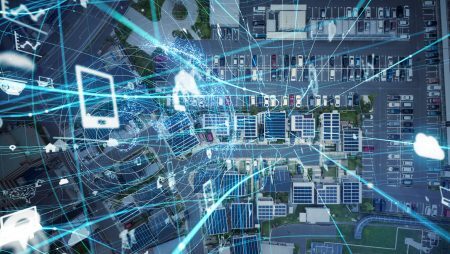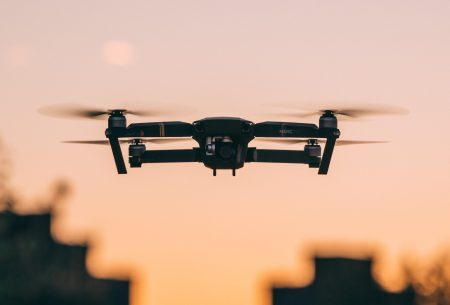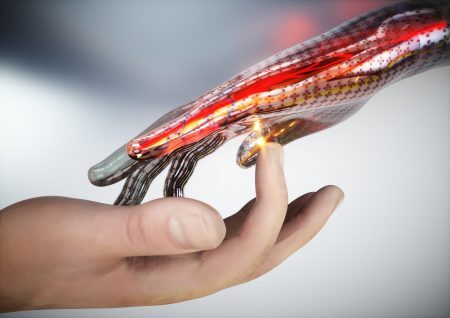Everyone wants to be the first to create a self-driving car, and there are a few of them out there.…
Browsing: technology
Amid the horrific public health and economic fallout from a fast-moving pandemic, a more positive phenomenon is playing out: COVID-19 has…
In the sci-fi novel “The Diamond Age” by Neal Stephenson, body art has evolved into “constantly shifting mediatronic tattoos” – in-skin displays…
To enlarge a phone, or not to enlarge a phone? That is the question. In the world of flagship smartphones,…
Drones have changed how we see the world. Even more profoundly, drones have transformed how we witness the world: how…
Skin is our largest organ, made up of complex sensors constantly monitoring for anything that might cause us pain. Our…
Detroit police wrongfully arrested Robert Julian-Borchak Williams in January 2020 for a shoplifting incident that had taken place two years earlier.…
Do-it-yourself (DIY) and at-home labs gained popularity through movies and TV shows like Breaking Bad. DIY labs are increasingly influential and…
Drones, personal flying vehicles and air taxis may be part of our everyday life in the very near future. Drones and…
When Star Wars was awarded the Academy Award for Best Visual Effects in 1978 it marked the first time the…










